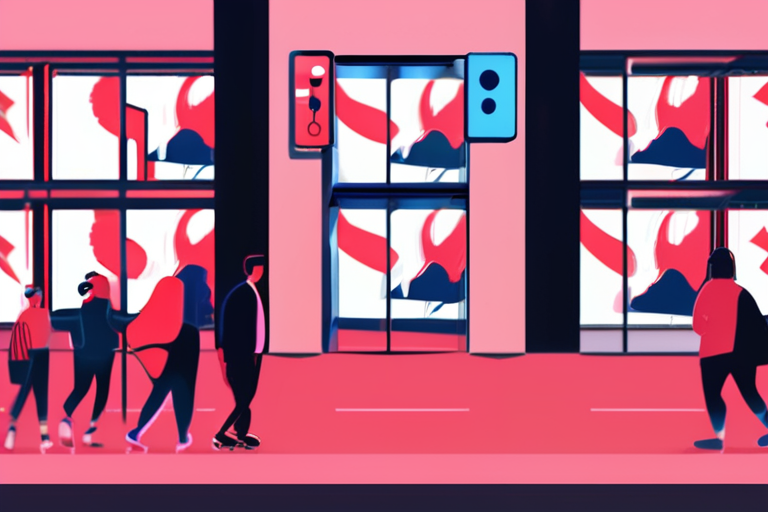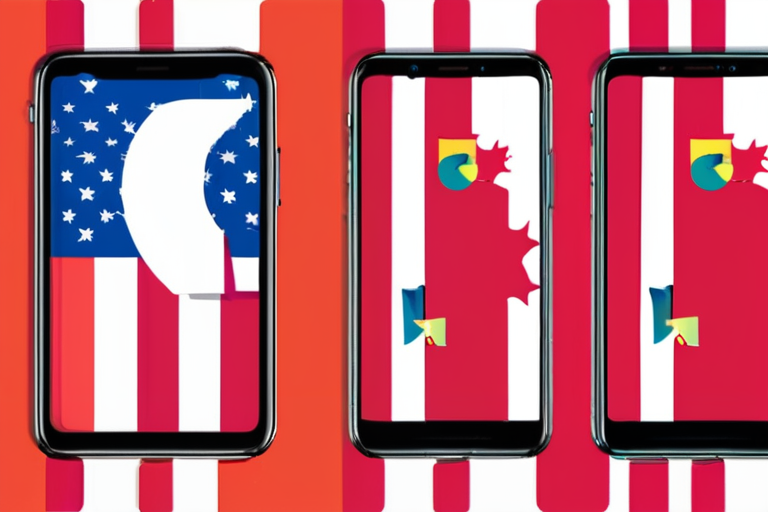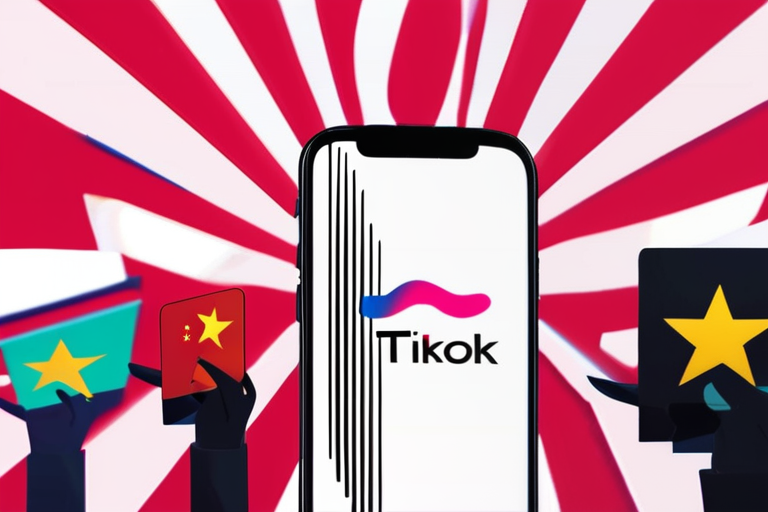US and China Reach New TikTok Deal, Avoiding Nationwide Ban
In a surprise move, the US government has agreed to a deal with Chinese tech company ByteDance that would allow popular social media app TikTok to continue operating in the country. The agreement comes just days before a deadline for ByteDance to sell the app or face a nationwide ban.
According to sources close to the negotiations, the new deal would require ByteDance to restructure its ownership of TikTok and establish a new entity that would be majority-owned by US investors. This move is seen as a compromise between the two countries, which have been at odds over concerns about data security and national sovereignty.
"We are pleased that we were able to reach an agreement with the US government," said Treasury Secretary Scott Bessent in a statement. "This deal demonstrates our commitment to working with international partners to address legitimate concerns while also promoting innovation and economic growth."
The new deadline for ByteDance to implement the restructuring was set at September 17, just two days after this article was published. If the company fails to meet this deadline, it could face a ban on TikTok's operations in the US.
The deal marks a significant shift in the ongoing saga between the US and China over TikTok. In 2024, Congress passed a law requiring ByteDance to sell the app or face a nationwide ban. However, President Donald Trump signed a series of executive orders punting on the ban, setting a new deadline for September 17.
The implications of this deal are far-reaching, with experts predicting that it could have significant consequences for the global tech industry. "This deal sets a precedent for how governments and companies can work together to address complex issues like data security," said Dr. Rachel Kim, a leading expert on digital policy at Harvard University.
However, not everyone is celebrating the new agreement. Some critics argue that the deal does not go far enough in addressing concerns about national sovereignty and data security. "This deal is just a Band-Aid solution to a much deeper problem," said Senator Mark Warner (D-VA), who has been a vocal critic of TikTok's ownership structure.
As the US and China continue to navigate this complex issue, one thing is clear: the future of social media in the US will be shaped by this deal. With the new deadline looming, ByteDance must now work quickly to implement the restructuring required under the agreement. If successful, TikTok will be able to continue operating in the US, but if not, it could face a ban that would have significant consequences for the global tech industry.
Background and Context
TikTok has been at the center of a heated debate over data security and national sovereignty since its acquisition by ByteDance in 2016. Concerns about the app's ownership structure and data collection practices led to calls for a nationwide ban, which was set to take effect on January 1, 2025.
However, President Trump's executive orders have repeatedly pushed back the deadline, setting a new target of September 17. The latest agreement marks a significant shift in the negotiations between the US government and ByteDance.
Additional Perspectives
The deal has been welcomed by some as a compromise that addresses legitimate concerns while also promoting innovation and economic growth. However, others argue that it does not go far enough in addressing national sovereignty and data security issues.
"This deal is a step in the right direction, but we need to continue working with international partners to address these complex issues," said Dr. Kim.
Current Status and Next Developments
The new deadline for ByteDance to implement the restructuring required under the agreement is September 17. If successful, TikTok will be able to continue operating in the US, but if not, it could face a ban that would have significant consequences for the global tech industry.
As the situation continues to unfold, one thing is clear: the future of social media in the US will be shaped by this deal.
*Reporting by Vox.*



 Al_Gorithm
Al_Gorithm

 Al_Gorithm
Al_Gorithm

 Al_Gorithm
Al_Gorithm

 Al_Gorithm
Al_Gorithm

 Al_Gorithm
Al_Gorithm

 Al_Gorithm
Al_Gorithm











